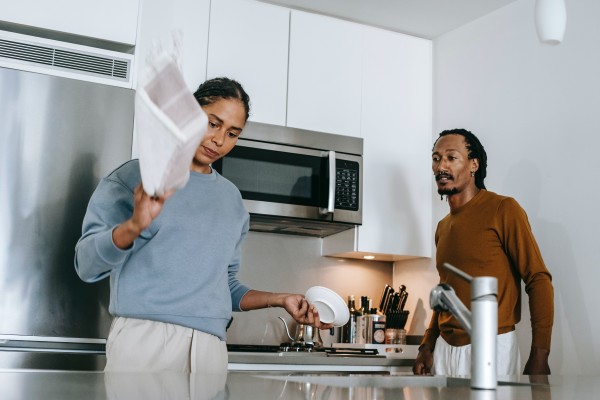In addition, there may be a scenario where an intervenor may have to become involved in the dispute, such as a parent or a grandparent who wishes to assert their interest in the property and claim back their money which they may have originally put into the property when it was purchased.
If one is unable to resolve the dispute between parties or through ADR, then one would have to think about bringing a claim through Tolata proceedings to settle the dispute.
However, it is advisable to try and avoid bringing a Tolata claim given the cost implications and therefore one should look to settling the dispute outside of Court as much as possible.
Under Tolata, the court’s powers are generally quite narrow: it can for example make an order a sale of a property and declare the parties beneficial shares in the property.
However, fundamentally, the UK jurisdiction is subjective and declaratory (for example, declaring the parties intended) as opposed to objective and discretionary (what seems fair to the court) which can be a hard pill to swallow for many.
Future protection
To protect one's position and safeguard their future as a cohabitee/unmarried partner, if one is cohabiting at the moment, the easiest way to avoid a dispute in the future is to have a ‘cohabitation agreement’ drawn up.
This will set out exactly what the couple intend in terms of what one partner may or may not acquire in respect of an interest in the property.
The agreement can make it explicit that payments of rent or towards utilities or food bills etc. would not be enough to give a partner any interest in the property one of them owns, for example.
One could also have the agreement cover what would give a partner an interest in the property, so both are clear on the terms of their cohabitation.

Given that there is no such thing as a common law marriage and cohabiting couples have no legal rights, any claim would need to be brought under the laws of property and trusts which would be used to resolve any sort of dispute of this nature.
Many couples use their cohabitation agreement as a starting point for drawing up a pre-nuptial Agreement if they decide later they want to marry.
It also makes the conversation less awkward as the couple have already discussed their intentions regarding the property and assets they own prior to marriage.
If one is thinking about cohabiting or indeed thinking about purchasing a property with a partner, it would advisable to have a Declaration of Trust drawn up (in addition to a cohabitation agreement).











